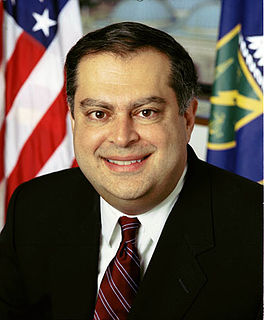A Quote by Jane Ridley
Historians who write about families are usually feminists who think in terms of gender relations.
Related Quotes
From what I understand from talking with older friends and feminists, I think that once I enter the workforce and start to think about marriage and having children, my gender will probably eclipse my feminist identity in terms of marginalization. Discrimination in terms of hiring and in the workplace are still real according to statistics. I also think, as a feminist, figuring out what a relationship based on true and complete equality is will be a challenge. But hopefully by the time I'm dealing with those issues feminists will have made great progress in all of those areas.
I think that it is too common for white feminists to say, 'We want some diversity. Come join our movement about gender, but we want you to check the class and race at the door.' And you can't undo that braid of race, class, and gender: all three intersect with each other, so it's important for more education to be done about that.
I think the biggest hurdle American feminists have in terms of taking a more global approach is that too often when you hear American feminists talk about international feminism or women in other countries, it kind of goes along with this condescending point of view like we have to save the women of such-and-such country; we have to help them.
I think feminism has always been global. I think there's feminism everywhere throughout the world. I think, though, for Western feminism and for American feminism, it not so surprisingly continues to center Western feminism and American feminism. And I think the biggest hurdle American feminists have in terms of taking a more global approach is that too often when you hear American feminists talk about international feminism or women in other countries, it kind of goes along with this condescending point of view like we have to save the women of such-and-such country; we have to help them.
In many respects, the United States is the freest country in the world. I don't just mean in terms of limits on state coercion, though that's true too, but also in terms of individual relations. The United States comes closer to classlessness in terms of interpersonal relations than virtually any society.
The Greeks first identified the Amazons ethnographically, as a nation of men and women distinguished by something outstanding in their gender relations. Later, any ambivalence or anxiety that knowledge of this alternative gender-neutral culture evoked among Greeks was played out in their mythic narratives about martial women.
For most progressives, what happens in families is a matter of "just" women's issues and children's issues. So progressive movements have focused primarily on dismantling the top of the dominator pyramid (politics and economics) and left its foundations (domination in family, gender, and other intimate relations) in place.







































